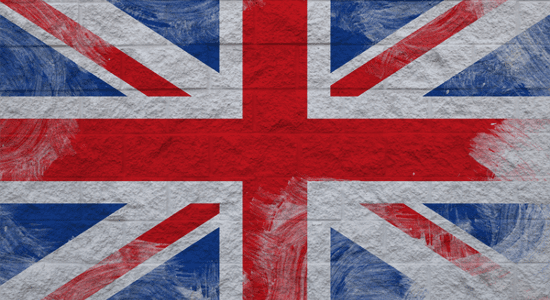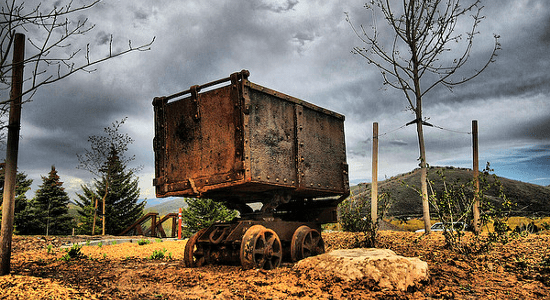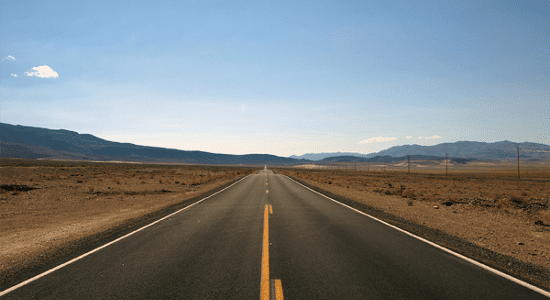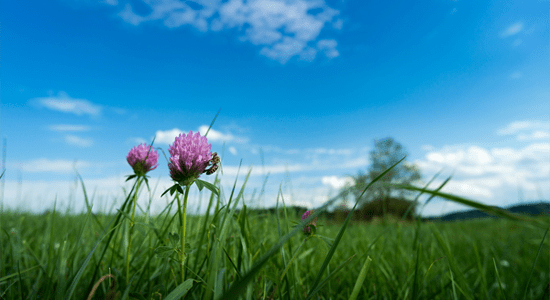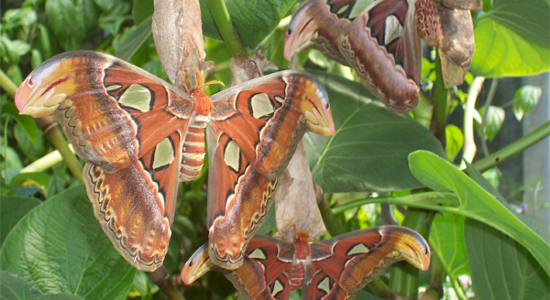BODY #2 Wherever I go, it is my transfer point. Citizenship is like a sports trophy. It gives you access to benefits. You get to use the spa, the clubhouse. Membership. You get connected with people who might offer you wealth. Canada is not my destination. Because my destination is gonna be somewhere much more magical than this. But I have a thing for trophies that give me VIP membership. ACCESS. If access is for all, I really don't care about how my passport looks like. But when itʼs not, whenever I cross the border, I am put into a box. What is your citizenship? Hong Kong. Illegal immigrant. What is your citizenship? Canada. Model minority. What is your citizenship? Um. I hold a British National (Overseas) passport? British wannabe. Yes. I am the colonized trying to be the colonizer. As a teenager living in the British Hong Kong, I had an obsession with the United Kingdom. My favourite bands were Blur, Pulp, Suede, and Radiohead. My favourite actors were Jude Law, Daniel Day-Lewis, and Christian Bale. I had a total crush on him when he was twelve playing Jim Graham in the Empire of the Sun. I watched it twelve times throughout my life, I believe. I suppressed my love for Leonardo DiCaprio even after Titanic because heʼs American. And as far as I understood as a teenager, Americans are jerks. Nobody is truly proud of being American, other than the white Americans. I bought Reeboks sneakers with the British flag on the shoelace plates. My favourite accent was the British accent, and I still find it hot. I didnʼt know nothing about the politics among England, Scotland, Ireland, and Wales. But there was one thing that I thought they had in common—“they are all really cool.” My favourite brand of cookies was Walkers Shortbread. My favourite musical instrument was the bagpipe. You know that song Scotland the Brave? I almost got moved to tears every time I heard it. As if I found my roots. And I still have some of those feelings nowadays when that memory is triggered. But now I have to first relive the experience of admiring the British. And then remind myself of why I admired them. And then I try to unlearn that idea without invalidating myself too much. But most of the time, Whenever it happens, when some random Scottish guy in a kilt decides that he should play the bagpipe on the street in Toronto, I still allow myself to indulge in that sense of prestige. Being British is not in my blood; itʼs in my head. I heard that the British were the worst people, historically speaking. But whatever that means, they still have a special place in my heart.
poetry
a visit
I know nothing about mining, but am from a mining town, have listened to the men snowball space for eighteen years, cultivate houses and children and four-wheelers in the spun out jade vines of their palms. I think I am a corpse flower with a caustic rafflesia smell, an entire rootless paradise in my mouth.
Édesapa
Driving down 48, Curious George’s gang sign tattooed on my right shoulder, your lips twitch to The Boss and I have lost my last quarter in the space between the seats. I still haven’t washed the paprikash smell from my ponytail. You are the man in the yellow bike shorts and I swallowed three puzzle pieces last night. We’re going down to the river. Your hands strum the heartland rhythm on a J-200 steering wheel. All I want for Canada Day is some discussion of Kafka and your cufflinks tucked away. There is a package wrapped in kraft paper on our doorstep— some undigested jigsaw we don't need. I’ve already seen the picture: two Telekis in a Jungleland stamping vermiculate patterns into Haliburton.
Untitled
Bittersweet mornings tracing my father’s back howling in summer grasses
before you go
before you go I demand one thing that you and I return to the forest
[where all those faded nights ago the velvet moths in brushing whispers told me not to leave by your side and the sun in skeins wrapped my fingers like the ring you were supposed to give]
to where we began. and before you leave I demand you and I dismantle the house we built
[from hay and limerance deconstruct piece by coronary piece of the structure that once gave us life and limits]
well placed, the beams will lie belly to ground no artifact will stand and so, nothing will have the chance to fall.
Into the World
Though it keeps changing, at this point my poetry collection is called Tongue. It’s really a collection of poems that I’ve written over several years, as I write individual poems. The earliest ones are poems titled “Cantonese Lesson 1” and “Cantonese Lesson 2,” which I wrote in 2005. I had just returned to Toronto after living in Hong Kong for a couple of years, and I was missing HK. I was trying to capture what it was that made me feel at home there, despite being born and raised in Toronto.
Title of Work: Tongue
Genre: Poetry
Mentor: Olive Senior
I was raised in Toronto with a lot of languages (or “dialects,” the distinction between the two is purely political) running around: Cantonese in my parent’s community, Mandarin amongst family, Hokkien on my mother’s side, Shanghainese on my father’s side, French at school, English all-powerful. I felt like a different person in the universe of each language. Each universe held a particular set of relationships and responsibilities, and a particular physicality. How I embodied each language, or how each language embodied some part of me, was unique. It was hard to switch from one to the other, especially from the “private” Chinese languages to the “public” official/colonial ones.
People often use the term “splintering” to refer to this kind of diasporic identity, implying some kind of lack or confusion. I get this, because I’m still working on integrating these different selves in a healthy way. At the same time, there’s a beauty and depth to this multiplicity that is really important to explore and celebrate. It’s a beauty I struggle to articulate in any language.
In 2006, I began writing a play with the support of Nightwood Theatre’s “Write from the Hip” program, and later with the support of fu-GEN Theatre. The themes of the play were the same as my early poems for the collection, and it’s intertwined with the poems deeply, so who knows how things will develop.
For Tongue, I selected the poems that were linked to the theme of language and family. Initially, I had organized the collection according to the structure of the poem itself; there would be a section for “language lesson” poems, a section for monologue-type poems (advice from elders, etc.), a section for my spoken word pieces, and a section for everything else. I played with the idea of using a textbook-type format to organize the poems/ideas.
My mentor, Olive Senior, gave me advice on how to reorganize the poems so that they resonated/bounced off each other in more meaningful and satisfying ways—in terms of symbols, images, ideas, emotional landscape. Playing with the sequencing of the poems in this way was a great opportunity to explore the message of the collection as a whole. It was also a lot of fun, and helped me understand each of the individual pieces in new ways.
I had participated in the DD short mentorship the year prior, with Margaret Christakos. A different mentor, a different writing style and focus in terms of feedback. It was really helpful to have both experiences and be aware of the many ways that the writing can be shaped. The value of having a mentor lies in receiving professional advice on your strengths and growth areas as a writer, and suggestions on how to develop in novel directions in terms of style, theme, syntax, perspective, etc. It allows you to stretch and challenge yourself. Inviting someone who does not know you and your world to give feedback on your work is really eye-opening. It changes how you see and understand your work, your goals, and your sense of your audience. You get a big-picture perspective and an understanding of how your work fits into broader literary/cultural landscapes. Also, deadlines!
The ideas of learning, teaching, and of less-than-expected results feature often in Tongues, which is an interesting development since I hadn’t consciously reflected on them as a theme. I’m a teacher, my partner is a teacher, my mother is a teacher, and my father was also really focused on teaching us about Chinese history and language, so all of this is part of it. I guess, with the lessons, I’m questioning how much of language/culture can be taught, on the conscious level, considering the cultural lenses that we cast on our worlds.
Another recurrent element of the poems in Tongues is how there are so many different ways of saying the same thing. I think the appeal of this goes back to growing up in a lot of different languages. The different ways of saying the same thing—is it actually the same thing, then? I’m attracted to how Chinese condenses meaning into so little space/sound/time, and the cultural landscape that informs this meaning is so vast. The literal translations only scratch the surface of this meaning. It really speaks to my yearning for this knowledge/understanding, as a second-generation who’s pretty much illiterate in Chinese.
Are a lot of the poems, especially the ones that are bi-lingual, best served by being listened to rather than read? Yes! Cantonese is terrifyingly (for non-Cantonese speakers) tonal: 13 tones, by some scholars’ estimations. The physicality of the poems is so important to me. The way the words feel in your mouth, in your chest, the vibrations, the differences in rhythm and melody. At this point, I’m wondering if the vehicle of the play doesn’t serve a lot of the material better than a collection of poems. Who knows what will develop!
In terms of audience, I think a lot about other diasporic people living in Canada, especially about people of East Asian ancestry, because of how we’re racialized in Canadian society, although of course there’s so much diversity within this category. I worked with racialized and newcomer youth in Toronto for many years, and I often think of them when I write.
But when I first sit down to write it’s selfish. The audience is me, finally settling down enough to hear myself feel. Sitting down to write, I’m telling myself: this feeling is worth observing. It’s purely satisfying to put a feeling into words, into movement and sound. Into the world, on your own terms.

